"A new Signal Processing Initiative to be Based at CERN"Sebastian N. White , CERN [Host: Craig Dukes]
ABSTRACT:
The case for measuring the time of arrival of physics objects in the major LHC Experiments (CMS, ATLAS and TOTEM so far) has been building since it was first proposed roughly 5 years ago [?] and the LHC committee has already approved (in March 2018) for CMS to proceed to the next stage- the technical design. Along with this process there have been separately intense activities in establishing the physics performance benefits (through simulations) of this enhanced capability as well as laboratory and particle beam work to establish candidate technologies for the required level of timing precision (roughly 20-30 picosecond time resolution). A significant base for this sensor development work has been within the “PICOSEC” collaboration, which is not part of an LHC experiment but rather evolved within 2 CERN R&D groups following a “common fund proposal” by S. White and I. Giomataris in 2014. Over the past 3 years this project has accumulated a very carefully curated data set of high quality ( 2- 5 GHz BW and 20-40 GSa/s sampling) waveforms for the principal detector technologies (Silicon with internal Gain, MicroPattern Gas structures, Micro Channel Plate PMT) and achieved world records in timing precision for all of these sensor types. We propose to build from the productive collaboration with Wolfram Research during 2017 to use this large data set to guide the design of signal processing and digitizing electronics for fast timing, which is now capturing the attention of electronics groups in the US and Europe. |
High Energy Physics Seminar Tuesday, March 20, 2018 3:30 PM Physics Building, Room 204 Note special date. Note special room. |
To add a speaker, send an email to phys-speakers@Virginia.EDU. Please include the seminar type (e.g. High Energy Physics Seminars), date, name of the speaker, title of talk, and an abstract (if available).
 Physics at Virginia
Physics at Virginia